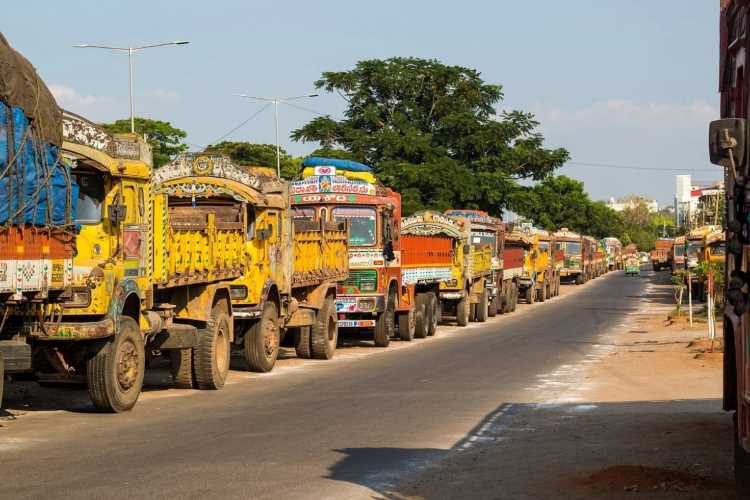
Humankind is in the grip of the new coronavirus pandemic and the economic destruction caused by it. Historians say the world has not experienced a crisis of this magnitude since the Great Depression of the 1930s. The disease has exposed the lack of preparedness of world nations for a health emergency. The pandemic has already claimed 2,38,775 lives and has infected 3.34 million people worldwide. While countries such as the United States, Italy, France and Spain are devastated by the pandemic, India has done well so far to limit the damage. The country has lost 1,147 lives and has 35,000 confirmed cases of Covid-19 as this article is being published.
The near-global lockdown has pushed the world economy into the worst recession since the Great Depression of the 1930s. The Indian economy that was already facing a slowdown before the coronavirus outbreak could see a contraction, unseen in more than 70 years. The nationwide lockdown has been extended for another two weeks, but with relaxations to facilitate production and distribution of essentials.
READ: Foolproof PDS: A practical guide to food security
While India has fared well in terms of low death and infection rates, the fact remains that it is testing too few people. The nations that have succeeded in controlling the spread of the disease test both symptomatic and asymptomatic people to identify, isolate and treat patients at an early stage. India needs to test more. Till this is done, the quality of data will be low. By testing and isolating more, the community spread of the disease can be prevented. The war against the coronavirus cannot be won unless the country steps up testing.
Indian hospitals do not admit patients without visible symptoms as they lack facilities. They turn people with mild symptoms away to undergo self-quarantine at home. Almost two thirds of infected people are asymptomatic and are potential carriers of infection to others. The crisis has exposed India’s public health system and its preparedness for a major health crisis. The country should transform this crisis into an opportunity to build a robust health infrastructure. Within the country, there are the examples of Kerala and Tamil Nadu that can be emulated by other states.
READ: Indebtedness, hunger may push Bengal’s tribes into bonded labour
While handling the health emergency is of paramount importance, the government should not ignore the economic fallout of the pandemic. The outbreak may push India’s poor into abject poverty, while a large number of job losses could push a large number of middle-class people into poverty. The revival packages of the government must focus on them to avert a human tragedy. A large number of them are employed with MSMEs, and industries such as construction, transport and packaging. The government must divert budgets sanctioned to non-essential sectors to build a robust medical infrastructure to fight Covid-19. It should release money locked up in several schemes to feed the poor. The country needs to spend at least Rs 65,000 crore to support the poor, according to Former RBI governor Raghuram Rajan.
The government has taken several steps to mitigate the economic pain inflicted by Covid-19. It has announced an economic package to support the most vulnerable, but it was more of a rejig of the budgeted expenditure. India was already going through an economic slowdown when the coronavirus outbreak happened. The pandemic and the lockdown could result in the destruction of several key sectors that provide jobs to millions of Indians. The government will, for sure, come up with a much larger response to the economic crisis. It must spend a substantial amount to revive the economy and save the poor and working class from abject poverty. Fiscal considerations should not restrict its response to the biggest economic crisis in almost 100 years.
Anil Nair is Founder and Editor, Policy Circle.

